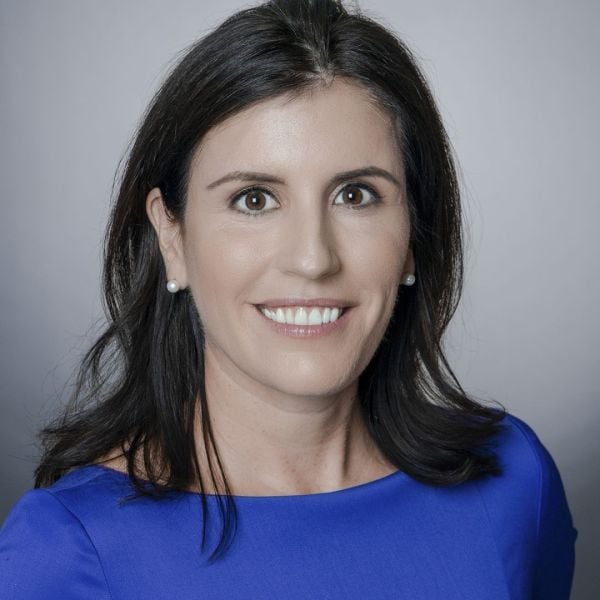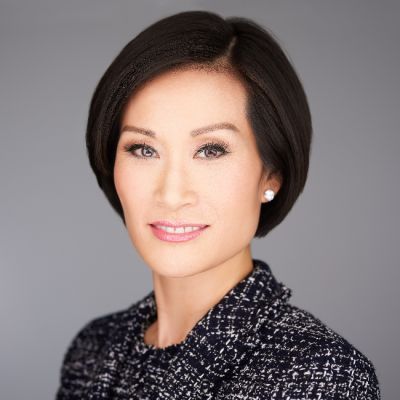
The story of American entrepreneurship is deeply intertwined with the story of its veterans. From the battlefield to the boardroom, veterans and military spouses bring an unmatched ability to assess and take on risk—a skill honed through service and vital to navigating the uncertain world of entrepreneurship. Time and again, these leaders have proven their resilience, adaptability, and vision, turning challenges into opportunities that fuel economic growth and innovation. Those who choose to serve in the armed forces are given a tremendous amount of hands-on experience and training in assessing and managing risk, particularly in a team structure. Military spouses are also exposed to many of the same pressures and opportunities to adapt, innovate, and develop resilience, which can and should have a significant impact on the lives of others in society. Effectively utilizing and supporting those skills has been a key to American economic success in prior decades and should be again now.
Examples of veterans founding companies and turning them into transformational successes abound. In the wake of World War II, the Greatest Generation didn’t just defend freedom; they built the foundations of modern American commerce. Today’s generation of veteran and military spouse entrepreneurs is stepping into that legacy, equipped with the courage and fortitude to persevere through the gauntlet of challenges facing every entrepreneur. But their journey isn’t without obstacles, and the stakes have never been higher. If we want these battle-tested leaders to thrive, we must act—because their success benefits us all.
Veterans as Risk Takers and Entrepreneurs
Military service demands an unparalleled understanding of risk. Veterans and military spouses are trained to make high-stakes decisions under pressure, adapt to rapidly changing conditions, and lead diverse teams toward a common goal. These attributes translate seamlessly into entrepreneurship, where uncertainty is the norm, and success often hinges on the ability to take calculated risks.
This ability has powered some of America’s greatest entrepreneurial success stories: Marine Corps veteran Fred Smith transformed a college term paper into FedEx; Army veteran Phil Knight built Nike into the world’s leading sportswear company; Army veteran Sam Walton redefined retail with Walmart; and Navy veteran Jack Taylor built a rental vehicle legacy named after the aircraft carrier he served on with Enterprise. These pioneers didn’t just create businesses—they created legacies.
Today, veterans like Blake Hall of ID.me and Kimberly Jung of Blanchard House are following in their footsteps, leveraging military experience to drive innovation, create jobs, and reshape industries.
The Challenges They Face
Despite their potential, veterans and military spouse entrepreneurs face barriers that stifle growth and innovation:
- Access to Capital: Many veterans lack the financial networks necessary to secure funding.
- Frequent Relocations: Military spouses face disruptions to business continuity due to constant moves.
- Transitional Gaps: Veterans struggle to translate their military skills into the civilian business context.
These barriers are compounded by macroeconomic trends, including declining rates of entrepreneurship. Research from Syracuse University’s Institute for Veterans and Military Families highlights the risks of failing to address these challenges: untapped innovation and missed economic contributions.
But behind every barrier is someone willing to take a risk: a veteran or military spouse dreaming of building a business that benefits their family and community. Supporting them isn’t just about enabling growth—it’s about honoring their service and empowering their futures.
Magnifying Opportunity and Economic Mobility
Recognizing the potential of veterans and military spouses, the Milken Institute views their opportunity to build and grow small and midsized businesses as a core element of the new Veterans’ Economic Mobility Project. One of the project’s primary objectives is to ensure that the next “greatest generation” of military entrepreneurs can succeed. This effort is working to identify gaps and further connect the existing ecosystem of leaders and organizations that provide resources such as mentorship, access to capital, and educational programs. The goal is to amplify the most effective of regional programs and local businesses and provide the means to connect with military veterans and spouses not only nationwide but also overseas.
By partnering with a wide range of organizations, the Veterans’ Economic Mobility Project seeks to create an ecosystem where entrepreneurial dreams flourish. This effort isn’t just about supporting individual businesses—it’s about strengthening the broader economy by fostering a culture of opportunity and innovation.
Shaping a Shared Vision of the Future
Imagine a future where veteran and military spouse entrepreneurs have the tools to thrive—businesses that not only survive but drive innovation and job creation. This vision is within reach, but it requires collective effort.
As we unfold our work over the coming months, we will highlight trailblazers driving innovation across sectors—from Main Street growth through business acquisition to national security innovations in dual-use defense technology.
Our goal is simple: to showcase the strength of American entrepreneurs and workers and tap into one of the greatest talent pools in the nation—our veterans and military spouses. Most importantly, we’ll share how you can help, whether by amplifying these stories, sharing best practices, or directly supporting veterans and military spouses through hiring and buying decisions.
Veterans and military spouses have already proven their ability to take on risk and persevere. Now, it’s up to us to ensure they have the resources to match their courage and ambition. Together, we can honor their service, amplify their impact, and build a stronger economy—one entrepreneurial success story at a time.















